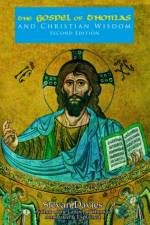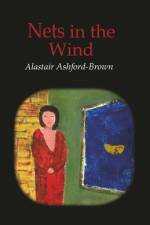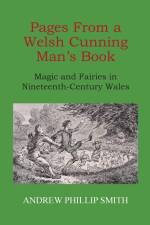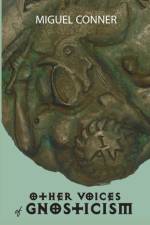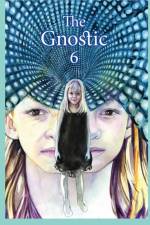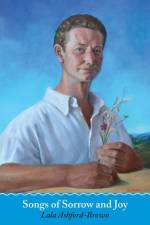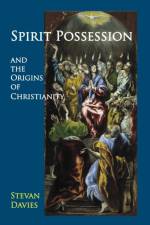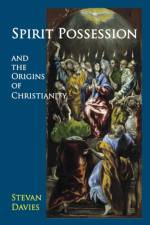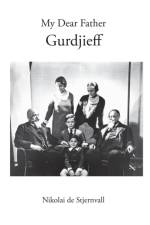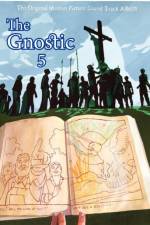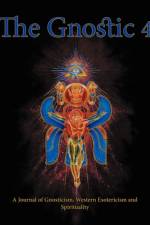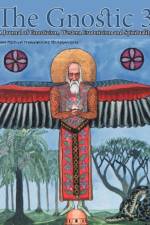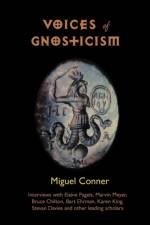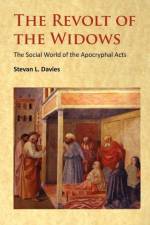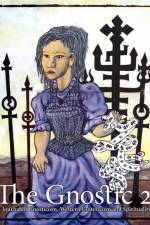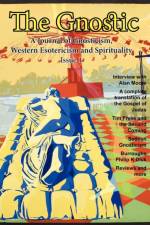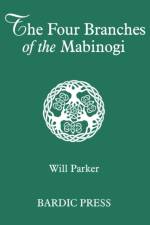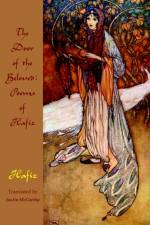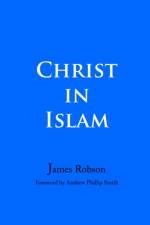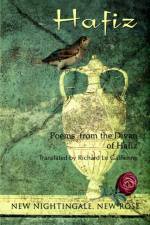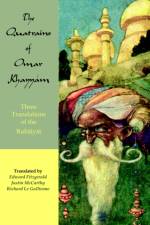- Interviews with Elaine Pagels, Marvin Meyer, Bart Ehrman, Bruce Chilton and Other Leading Scholars
av Miguel Conner
317
For several years, Miguel Conner has engaged the most prominent writers and scholars on Gnosticism and early Christianity on Aeon Byte Gnostic Radio. These interviews with 13 leading scholars represent one of the best ways to get to know ancient Gnosticism, the movement that has inspired Dan Brown, Philip Pullman, Philip K. Dick and The Matrix movies. Read what the best minds have to say about the Gnostic sects, the Gospel of Thomas, the Gospel of Judas, Mary Magdalene, heresy, the origins of Gnosticism, and the original teachings of Jesus. Elaine Pagels * Marvin Meyer * Bart Ehrman * Bruce Chilton * Stevan Davies * David Fideler * Birger Pearson * John Turner * Einar Thomassen * Jason BeDuhn * Karen King * Jane Schaberg * April DeConick "Gets at the Gnostics as they were, not as many people today would like them to be."Bruce Chilton, author of The Way of Jesus and Rabbi Paul"Aeon Byte is one of the most exciting and far-seeing programs in the world of Webcasting."Richard Smoley, author of Forbidden Faith, The Dice Game of Shiva, and Inner Christianity"A great help to all who possess an interest in and/or devotion to the Gnostic tradition. Warmly recommended!"Stephan Hoeller, author of Gnosticism: New Light on the Ancient Tradition of Inner Knowing and Jung and the Lost Gospels"An invaluable resource for those interested in the history and continuing relevance of Gnosticism." Sean Martin, author of The Gnostics: The First Christian Heretics, The Cathars, and The Knights Templar"Sophia and her aeonic friends should be delighted."Marvin Meyer, author of The Gospel of Thomas: The Hidden Sayings of Jesus, The Gospels of Mary"You are holding in your hands a Gnostic gem, a book that contains the rich wisdom of thirteen world-renowned scholars who study Gnosticism and the classical world."April D. DeConick, author of The Thirteenth Apostle

